In a landmark ruling that sends shockwaves through Kenya’s alcohol regulatory framework, the High Court has struck down former Deputy President Rigathi Gachagua’s unilateral directives on liquor licensing and operational hours, declaring them unconstitutional and legally void.
Unconstitutional Directives Discarded
In a verdict rendered today, the judge ruled that Gachagua exceeded his authority by dictating where and when liquor outlets could operate. His orders, which included barring bars from functioning within specified proximity to schools and homes and enforcing strict opening and closing times, were deemed ultra vires—actions taken beyond legal power granted by law.
Clash Between National and County Governments
Gachagua, in his capacity as ex-Deputy President, had mobilized heavy-handed regulations targeting locations and hours of liquor establishments. He asserted that these measures were meant to curb alcohol abuse and illicit brewing. Counties, however, challenged the directives, arguing that local licensing responsibilities are constitutionally devolved and cannot be overridden by executive fiat. The court agreed, emphasizing that any national alcohol policy must respect the constitutional balance of power .
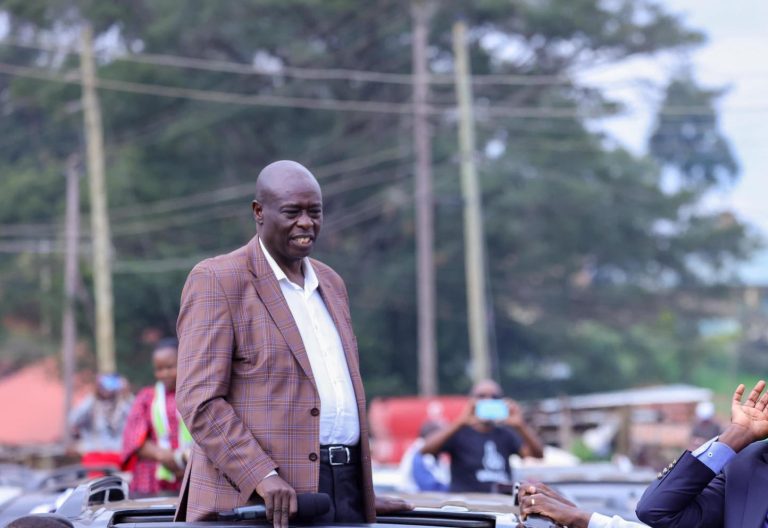
What the Ruling Means for Bars and Eateries
Today’s decision empowers county governments to manage licensing within their jurisdictions without interference from national executive directives. Bars previously operating under Gachagua’s orders may now seek revised licenses or revert to existing county-set conditions.
Political and Legal Fallout
This judgment marks a significant setback for Gachagua’s policy legacy, questioning the legality of his overreaching approach. Though his crusade against illicit alcohol won public support, it has now been legally invalidated—a blow likely to spark both political tension and debate on policy reform.
Expect contested ripple effects: some counties may swiftly relax restrictions, while public health advocates could push for legislation that enshrines stricter national safety standards without overstepping constitutional boundaries.
Next Steps
- Counties will revise licensing terms to align with today’s ruling.
- National government must recalibrate its strategy—potentially through legislative proposals rather than executive orders.
- Legal analysts anticipate petitions from bars or advocacy groups seeking clarity on overlapping regulations.
In summary, the High Court has set a clear precedent limiting executive power over devolved county functions. As Kenya grapples with balancing public health and constitutional governance, today’s decision reshapes the future of alcohol regulation across the nation. Stay tuned for detailed legal analysis and reaction from both national and county authorities.





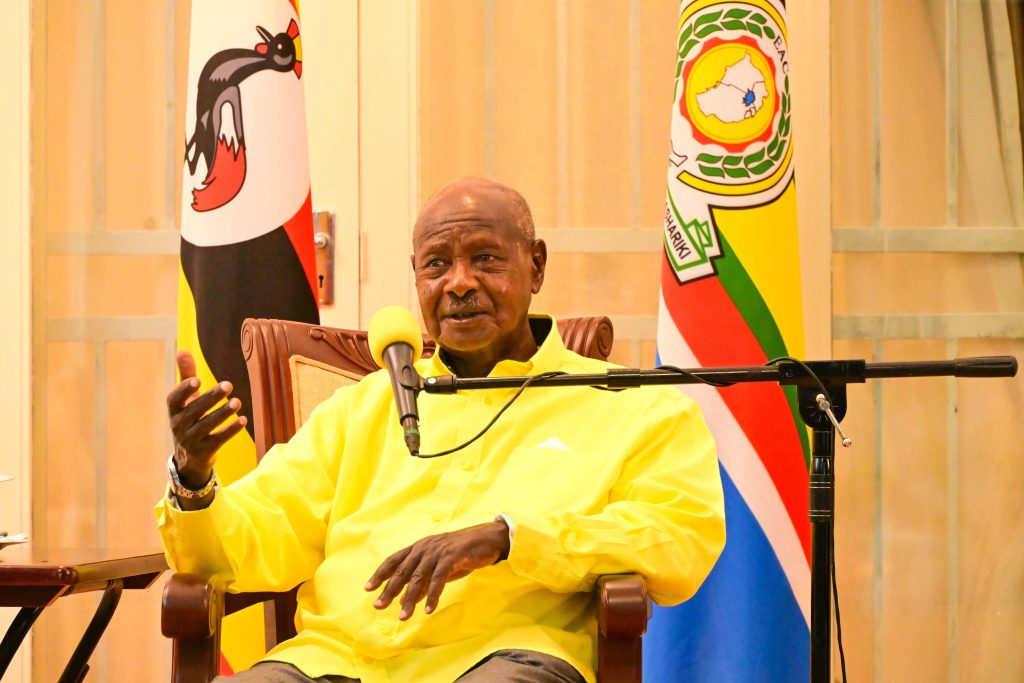

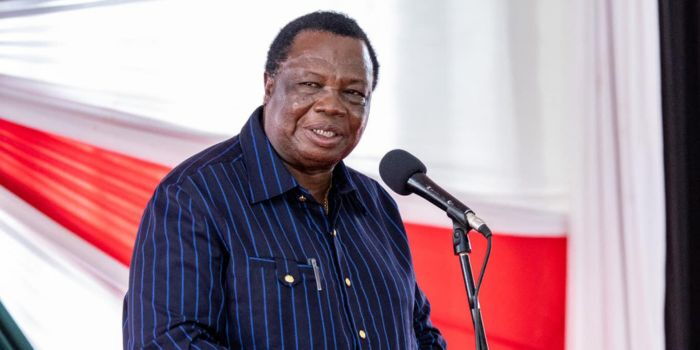
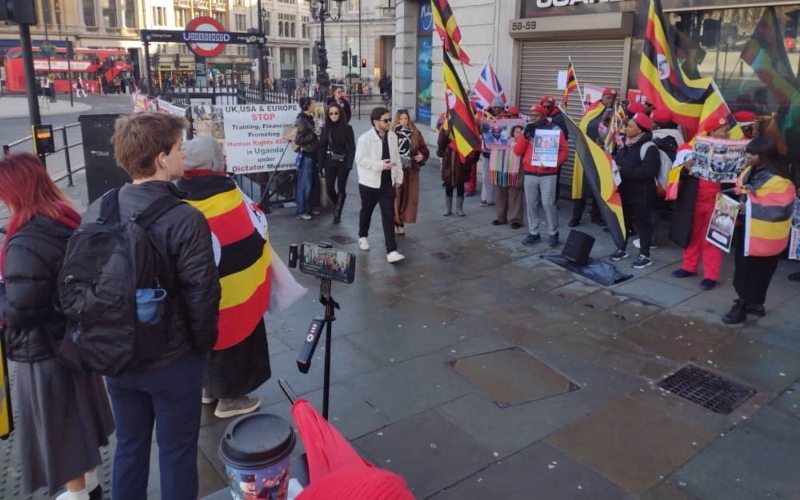
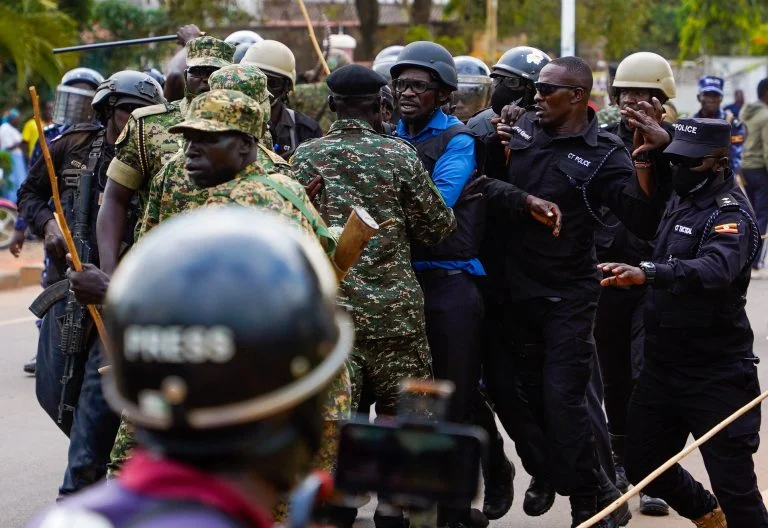
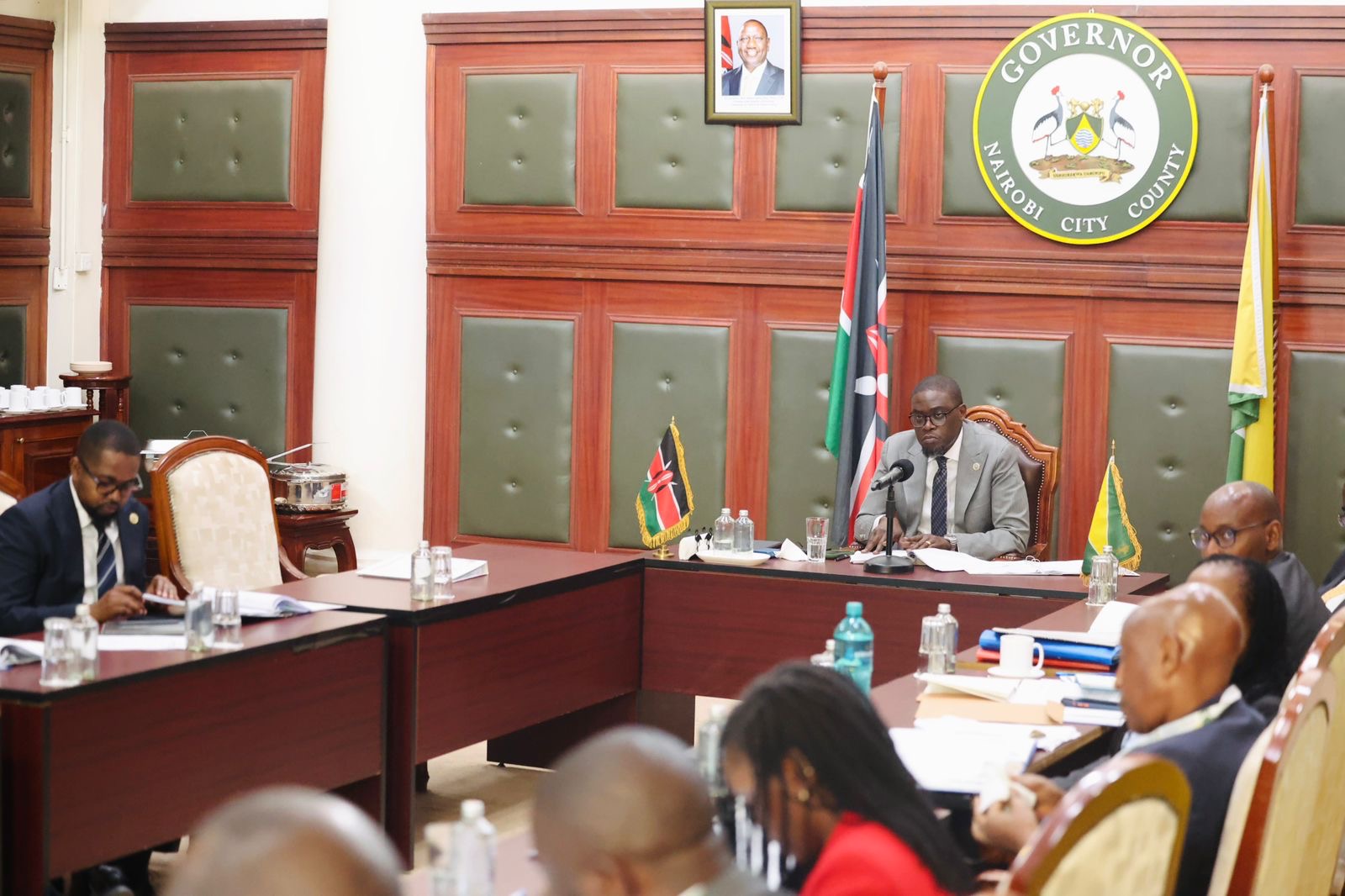
Leave a Reply